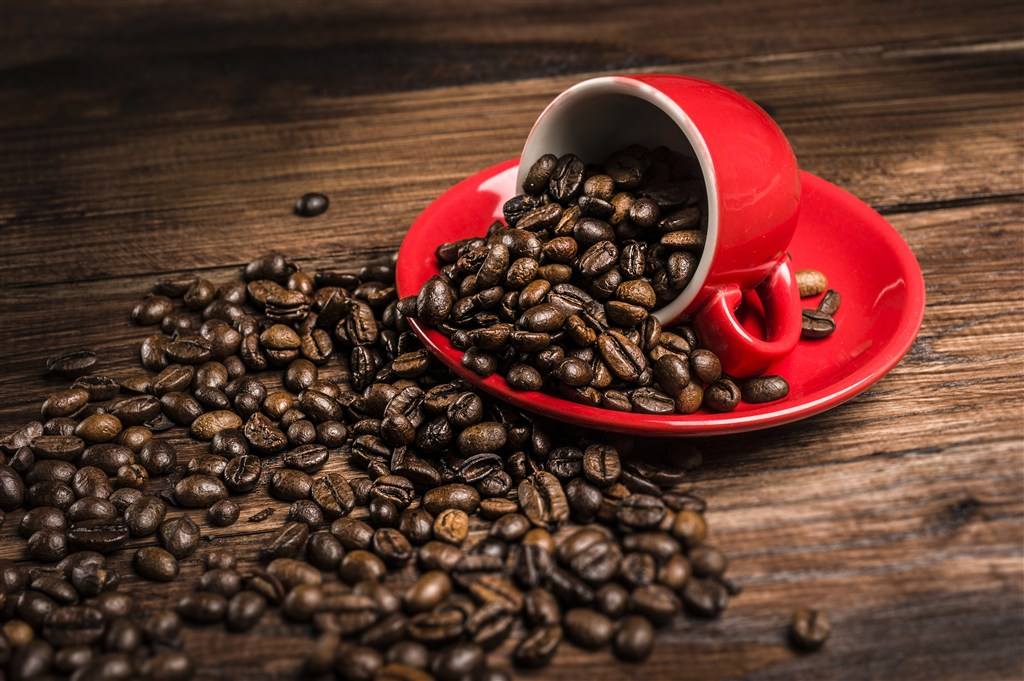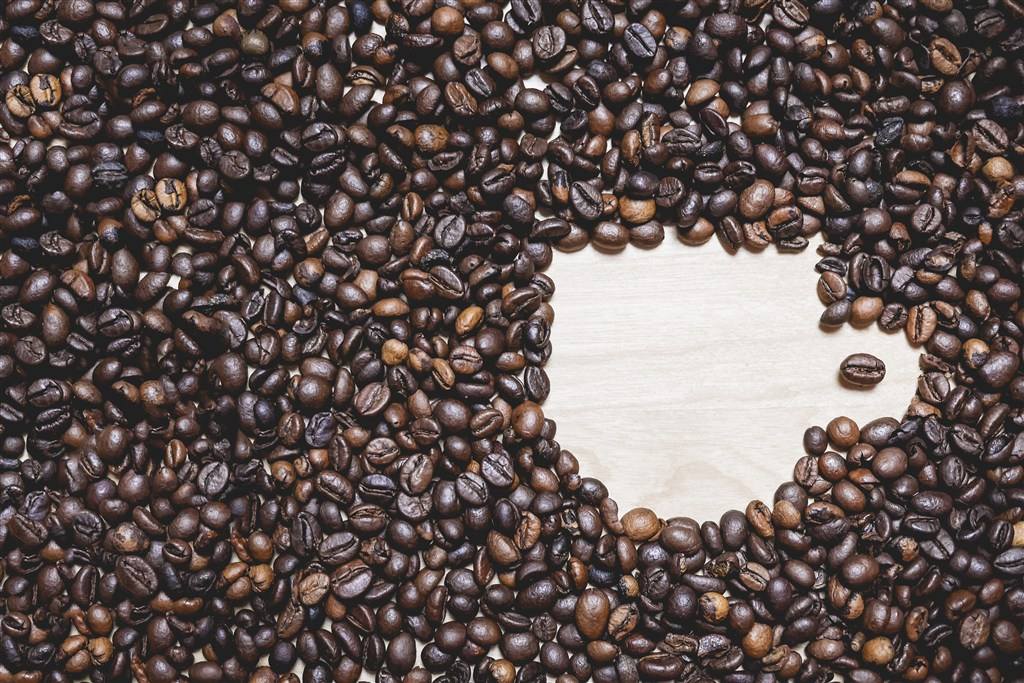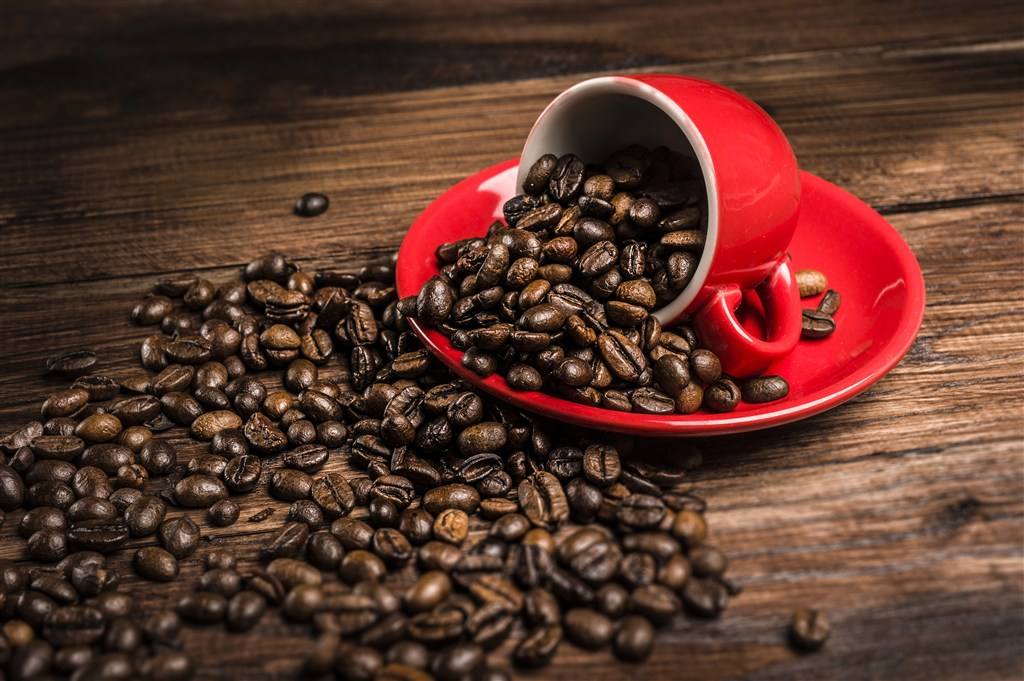Rwanda coffee processing method, Rwanda coffee finished product process
Follow the caf é (Wechat official account vdailycom) and found that Beautiful Cafe opened a small shop of its own.
The Republic of Rwanda is located in east-central Africa, covering an area of more than 26000 square kilometers. With a population of more than 9 million, it is composed of three ethnic groups, Hutu, Tutsi and Tewa, and believes in Catholicism, primitive religion, Christian Protestantism and Islam. The official languages are Rwandan, English and French. The capital, Kigali. The current President Paul Kagame.
China and Rwanda established diplomatic relations on November 12, 1971. The friendly and cooperative relations between the two countries have developed smoothly, and exchanges and cooperation in culture, education, health and other fields have achieved remarkable results. In 2001, President Kagame visited China. Xu Jialu, vice chairman of the NPC standing Committee, and 1, member of the standing Committee of the political Bureau of the CPC Central Committee and secretary of the Central Commission for discipline Inspection, visited Lu in 2001 and 2006 respectively. In 2005, the bilateral trade volume exceeded 23 million US dollars.

In Rwanda, 500000 people work on 33000 hectares of coffee plantations. The reason for such a large coffee industry is that the country has natural conditions such as high altitude and fertile volcanic soil. In this fertile land, coffee grows rapidly, but it also fails to produce coffee beans that enter the ranks of the world's high-quality coffee.
The country mainly grows Arabica, although this country does not have gourmet coffee, but because of its soil, altitude, climate and other three conditions, so its coffee has a distinctive aroma and taste. According to Fuligao coffee experts, Rwandan coffee has the characteristics of tropical climate, which not only has the sweet taste of fruit, but also gives people a refreshing and fresh feeling. Among the varieties of coffee in Rwanda, there is a kind of bourbon coffee which is full-bodied and full-bodied because of its own unique rich aroma.
The process of finished coffee in Rwanda is very exquisite. During the harvest period every year, the ripe coffee cherries are collected and sent to the treatment station for processing. During the annual harvest period, the ripe coffee berries picked by farmers are concentrated in the treatment station for treatment, first selected by hand to ensure that no immature or damaged fruit is mixed in. Then remove the pericarp, wash the pectin in the channel after 12-18 hours of washing and fermentation in a cool and low temperature environment. During the drying process of the scaffolding, the members of the treatment station will turn manually and take care of them carefully to ensure that the raw beans with shells will not lose moisture or dry unevenly in sufficient sunlight, until the moisture content stability of raw beans is reduced to less than 14%.
Most of the coffee in Rwanda is washed. The water washing method will first wash and flotation the ripe coffee fruit, then remove the exocarp, pulp and part of the pectin layer, then send the coffee into the fermentation tank, remove the remaining pectin layer and then send it to the drying ground for drying treatment, so that the water content reaches about 13%. The coffee in the picture above is dried on an African shed to avoid the smell of dirt. It is more ventilated and mildew can be avoided. During the drying process, coffee farmers will also turn the beans regularly to make the drying more evenly, and at the same time will pick out the beans of poor quality and discard them.
Important Notice :
前街咖啡 FrontStreet Coffee has moved to new addredd:
FrontStreet Coffee Address: 315,Donghua East Road,GuangZhou
Tel:020 38364473
- Prev

Rwanda Coffee Review, Rwanda Coffee Profile
Pay close attention to the coffee comment (Weixin Official Accounts vdailycom ) and find that the beautiful coffee shop opens its own small shop Rwanda is a small African country, and the local people are also relatively poor, but it produces straight and very high quality coffee, which is different from its neighbors Kenya and Ethiopia. Rwandan coffee is mainly native bourbon, and the taste is not as outstanding as Ethiopia and Kenya.
- Next

Rwandan coffee flavor aroma, Rwandan coffee bean output
Pay attention to the coffee review (Weixin Official Accounts vdailycom ) and find that the taste of Rwandan coffee is described as grassy aroma with tropical climate characteristics. In addition to the fruity sweetness of this coffee, it can also make people taste refreshing, clear and fresh. Bourbon coffee grown in Rwanda is amazing for its fruity sweetness
Related
- Detailed explanation of Jadeite planting Land in Panamanian Jadeite Manor introduction to the grading system of Jadeite competitive bidding, Red bid, Green bid and Rose Summer
- Story of Coffee planting in Brenka region of Costa Rica Stonehenge Manor anaerobic heavy honey treatment of flavor mouth
- What's on the barrel of Blue Mountain Coffee beans?
- Can American coffee also pull flowers? How to use hot American style to pull out a good-looking pattern?
- Can you make a cold extract with coffee beans? What is the right proportion for cold-extracted coffee formula?
- Indonesian PWN Gold Mandrine Coffee Origin Features Flavor How to Chong? Mandolin coffee is American.
- A brief introduction to the flavor characteristics of Brazilian yellow bourbon coffee beans
- What is the effect of different water quality on the flavor of cold-extracted coffee? What kind of water is best for brewing coffee?
- Why do you think of Rose Summer whenever you mention Panamanian coffee?
- Introduction to the characteristics of authentic blue mountain coffee bean producing areas? What is the CIB Coffee Authority in Jamaica?

